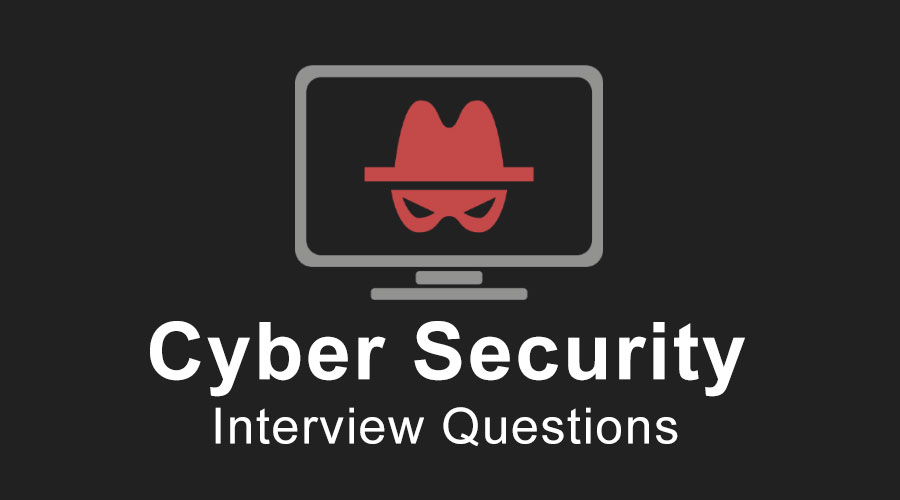10 Most Asked Interview Questions in Cybersecurity
Interviews can be hard to crack, especially if you know there’s a lot riding on them and you let that fact get on your nerves. However, being prepared for an interview is the first step to gain back your confidence for this all-important meeting that can make or break your career. Below we have addressed some of the most commonly asked questions for those who are seeking a job in cybersecurity. Before you move on to the questions, note that revising all the topics from your ethical hacking course online or any other cybersecurity training programs that you have undertaken is a good way to sail through any technical conversations that may spark during your interview.
- What is the difference between IPS and IDS?
An IPS or Intrusion Prevention System helps to detect dubious activities and prevents them from harming the system whereas IDS or Intrusion Detection System helps only to identify such intrusions.
- Name some methods of social engineering.
Tailgating, phishing, eavesdropping, shoulder surfing, impersonating are a few types of social engineering attacks. Phishing is the most common social engineering attack.
- How do you secure a server?
Two approaches can be used here: Trust no one or the principle of least privilege. SSL protocols are the first step to ensure server security making sure end-to-end encryption is in place and Man in the Middle attacks are avoided. Strong root and admin passwords are used and remote access can be disabled.
- What is SSL?
SSL stands for Secure Sockets layer that ensures encryption of communication between two parties like web browser and user, email sender and recipient and instant messaging users. Now, TLS is the successor of SSL and it stands for Transport Layer Security. HTTPS websites use a TLS certificate to maintain privacy and authenticity of communication and are considered secure to use.
- What is a 0-day vulnerability?
A zero day vulnerability is that which is still unknown to the manufacturers and for which a patch is yet to be rolled out. These vulnerabilities are the most likely to be exploited by hackers and can result in zero day attacks.
- What is the CIA triad?
The CIA triangle is the most important aspect of cybersecurity. It stands for confidentiality, integrity and availability. The CIA model acts as a guiding principle for cyber security in organisations.
- What is a brute force attack?
In a brute force attack, a hacker uses all possible combinations of passwords using automated tools to crack an authentication system.
- What are the different types of hackers?
Hackers can be categorised as black hats (criminal hackers), white hats (ethical hackers), and grey hats (those who hack without permission but report the vulnerabilities to the organisation so that they can fix them). Other kinds include hacktivists (those who hack for political or social change), red hats, blue hats, green hats and script kiddies.
- What is Nmap?
Nmap is a network mapping tool that scans a network and identifies the host and services running on it. It is used in the scanning and enumeration stage of ethical hacking.
- What are the different types of malicious hackers?
Attacks can be attributed to cyber criminals, insider threats, state-sponsored hackers or hacktivists like the famous group, Anonymous.
Remember that your CEH certification can only do so much to impress an employer. At the end, it all comes down to how you impress someone in person. Apart from brushing up your technical knowledge, make sure you are also prepared for other questions about your career. Your soft skills, confidence, career goals, promptness and clarity of answers will also help you make a great first impression in any interview.
